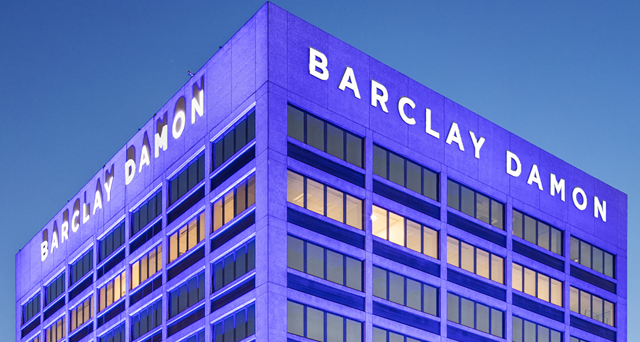
INSIGHTS: Articles
"Top Five Leasing Strategies for Independent Restaurant Owners," Modern Restaurant Management
In an article published by Modern Restaurant Management on April 24, Marni Ahram discusses leasing strategies for independent restaurant owners.
For liability reasons, she stresses to not list the tenant as a single individual. “Unless there’s a licensing reason to incorporate (more on this below), the restaurant owner should be a limited liability company (LLC),” Ahram explains. “This allows for more flexibility with raising capital from operating owners and ‘silent’ investors, all referred to as ‘members’ of the LLC. It also provides a clear outline of who manages the business, who gets certain decision rights over restaurant operations and major business decisions and what returns each member will receive once the restaurant is in the black.”
Whether this is your first restaurant venture or your tenth, it takes time for a new restaurant to gain traction in the local market, especially if it’s a new concept. Having a marketing and PR strategy in place before you open is crucial. “Building a rent buffer or ramp-up period not only for a soft opening but also a market awareness period is just good business sense,” she shares. “Have a period of time ‘ask’ in mind when starting lease negotiations, but be realistic about what cash flow your landlord wants to see and when, as they are underwriting their property carry costs with income from your lease.”
Lease negotiations can be stressful and there will be points on which you need to compromise, Ahram states. “Try to keep in mind during the process that you and the landlord have the same goal for the site: a successful, long-term enterprise. But make sure your lease gives you the flexibility needed to operate to your plan and minimize the risk to you if it does not work out.”
For the full article, click here.

